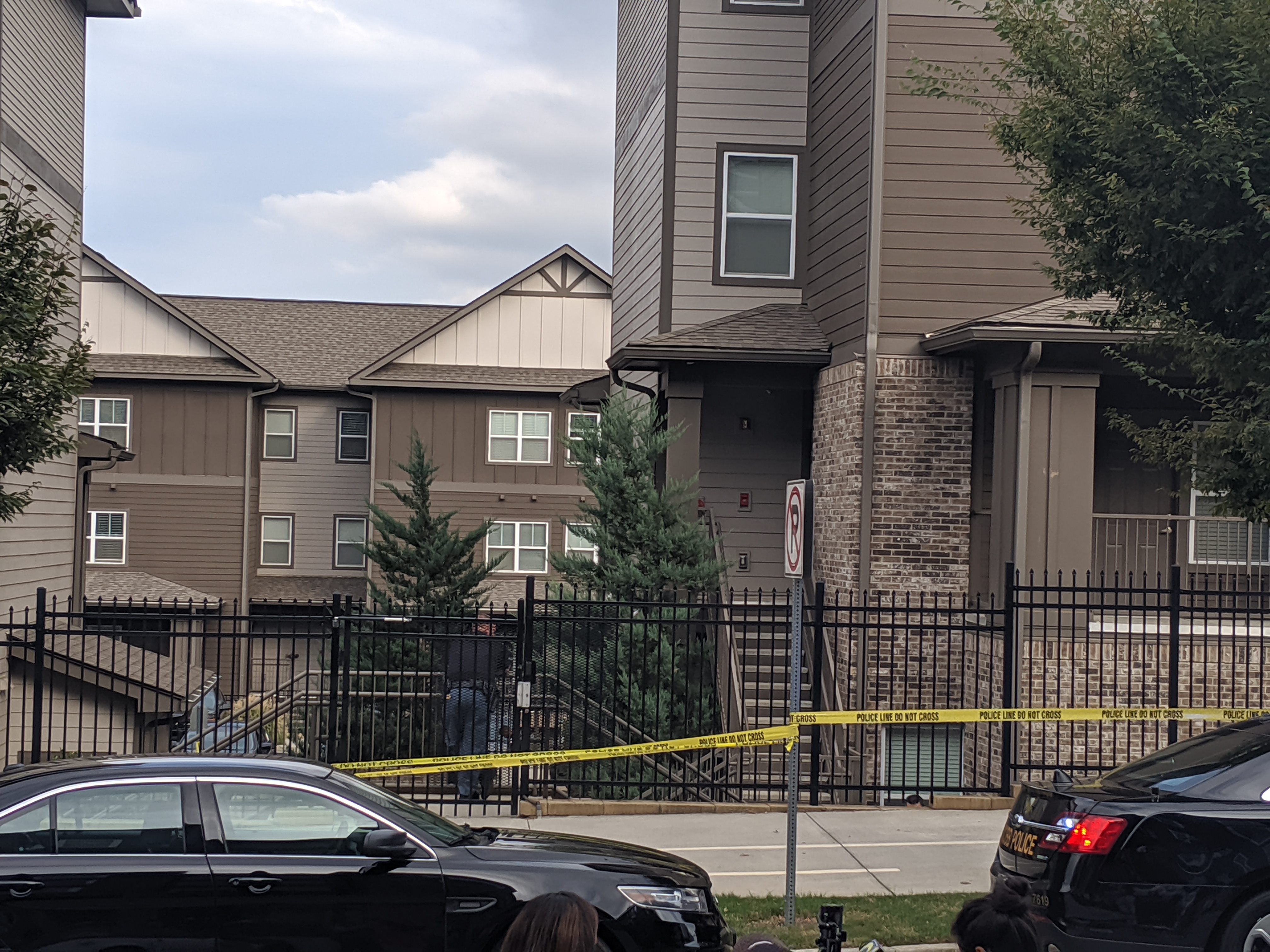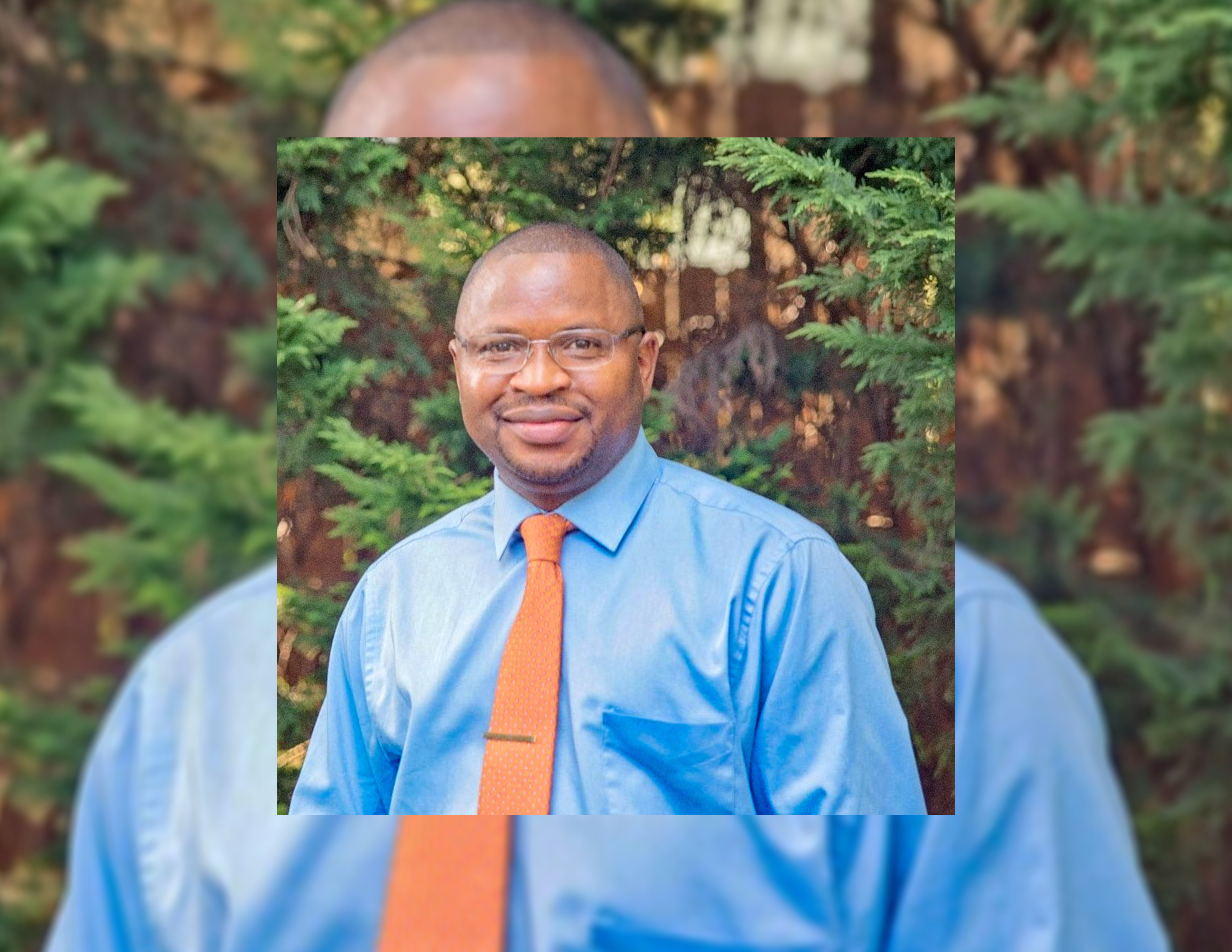An Atlanta Federal Appeals Court upheld a Georgia Board of Regents policy on Wednesday, March 6, preventing students who have entered the United States without legal permission from attending Georgia’s top universities.
According to the Atlanta Journal-Constitution, the ruling applies to students who are recipients of Deferred Action for Childhood Arrivals, a program implemented under former President Barack Obama’s administration that allows children who were brought to the U.S. before the age of 16 without legal permission to not face deportation.
Board of Regents Policy 4.1.6 states that a person who is not legally in the U.S. will not be able to be admitted to any University System of Georgia institution that for the last two years has not admitted all academically qualified applicants.
In 2016, three students, who all graduated from Georgia high schools, filed a lawsuit challenging Policy 4.1.6. According to the AJC, the lawsuit was later rejected by a federal judge in 2017, and the judge’s decision is now being upheld by the Atlanta Federal Appeals Court.
The AJC reported that Judge Gerald Tjoflat said in 2017 that these students are still not considered “lawfully present” under the DACA program.
Atlanta civil rights attorney Nathanael Horsley said that the upheld decision is discriminatory against DACA students.
“[What the court said is] it’s okay for the state to discriminate against [DACA students],” Horsley said.” The court says that’s okay because DACA students are different from other students. DACA students did nothing wrong and did what they needed to do to be with their parents.”
Horsley said the ruling is unconstitutional and violates the equal protection clause under the 14th Amendment, and he said he might take the case to the Supreme Court.
“We’re evaluating our options of what we’re doing next,” Horsley said.
Policy 4.1.6 was enacted by the Board of Regents in 2010, months after KSU police arrested KSU student Jessica Colotl for impeding traffic and driving without a license. Colotl was from Mexico and brought to the U.S. without legal permission at age 11.
After her arrest, officials learned that Colotl was paying in-state tuition.
After an outcry from the public about Colotl’s situation, the Board of Regents enacted a separate policy which states that institutions must “verify the lawful presence” in the U.S. of students applying for in-state status, according to the AJC.
Discussions about the BOR policy also came up among students, faculty and staff at KSU in 2018 after then-interim KSU President Ken Harmon apologized for a miscommunication to faculty that the policy would go into effect at the university for the fall 2018 semester.
“All academically qualified students will be admitted for fall 2018, as such, the provisions of Board policy 4.1.6 are not applicable for KSU admissions,” Harmon said in a statement. “We apologize for mistakenly suggesting otherwise and for conveying misinformation.”



